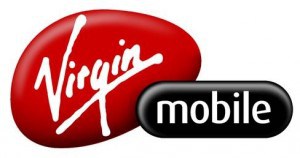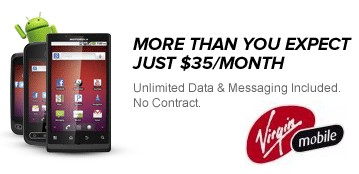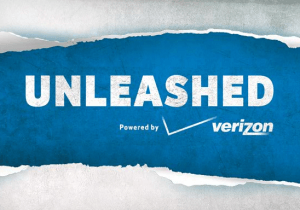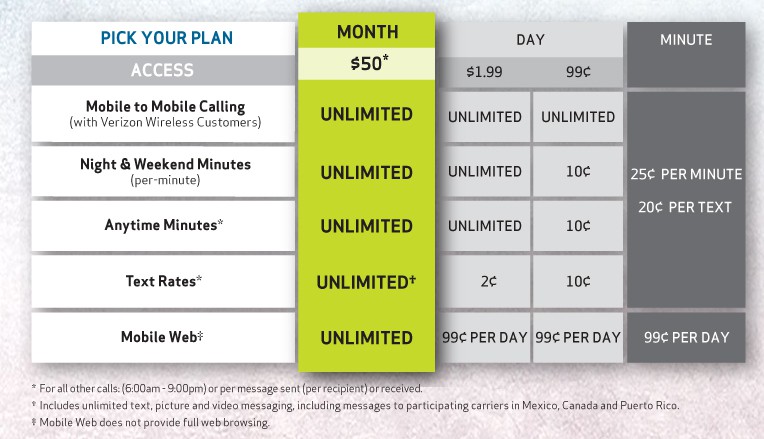 Sprint will focus its postpaid wireless business on profitability in 2013, with reductions in customer discounts and a tighter upgrade policy that will raise prices for some and slow down others seeking new subsidized smartphones.
Sprint will focus its postpaid wireless business on profitability in 2013, with reductions in customer discounts and a tighter upgrade policy that will raise prices for some and slow down others seeking new subsidized smartphones.
CEO Dan Hesse today told Wall Street investors Sprint will be leveraging its upgraded LTE network to help hold the line on discounts and early upgrades, reminding customers Sprint’s Network Vision plan is delivering better service with faster speeds and fewer dropped or blocked calls.
Sprint released its 1st quarter 2013 earnings this morning, showing the company reduced its quarterly losses from $863 million in the same quarter last year to $643 million. The company spent $1.4 billion during the first quarter on network upgrades, primarily on forthcoming 4G LTE network roll-outs.
Steve Elfman, Sprint’s president of network operations reported the company activated more than 12,000 LTE-upgraded cell towers by the end of the quarter, slowed only by inclement weather. This year will see a massive increase in those numbers.
“We now have zoning complete on over 32,000 sites and leasing complete on over 31,000 sites. More than 25,000 sites already or have already begun construction,” Elfman reported. “Our weekly construction starts are now at a level to achieve our goals for the year. There are over 600 cities under construction and we have now launched 4G LTE in 88 cities with over 170 expected to launch in the months to come.”

Hesse
While Elfman oversees LTE upgrades, Sprint is also busy working towards decommissioning its Nextel network on June 30. Despite repeated warnings Nextel’s demise was close at hand, at least 1.4 million Nextel customers, nearly all business accounts, are still active on that network. Sprint is focusing most of its promotional budget again this quarter on convincing those customers to convert to Sprint service. But only 46 percent of Nextel customers took Sprint up on their repeated offers during the first quarter. Many others left for Verizon Wireless, switching off not only their Nextel commercial phones, but also those on Sprint’s network as well.
Sprint expects to hold on to a declining number of its Nextel customers as the second quarter progresses, until the network is switched off for good at the end of June.
That hurts, because Sprint has also been losing customers due to “pardon our dust” construction-related service interruptions as part of LTE 4G upgrades. Those disruptions are expected to accelerate as more cities are prepared for LTE service.
Sprint’s Lifeline cell phone service for the poor, Assurance, also took major hits during the quarter after the FCC tightened eligibility requirements for the free/low-cost cell phone service. The company switched off 224,000 accounts in the last three months that either failed to re-certify eligibility or were never qualified in the first place. Sprint’s wholesale customers, which resell access on the Sprint network, are also busy deactivating unqualified Lifeline wireless lines, so Sprint expects a similar number of disconnects during the second quarter as those accounts are dropped from the network.
As Sprint turns its attention to profitability, revenue numbers at Sprint improved slightly. Sprint’s prepaid division added 568,000 net prepaid customers, and Virgin Mobile raised its minimum top up amount for 90 days of service to $20 (up from $15 with a credit card). As customers upgrade their Sprint postpaid phones, more customers are also encountering Sprint’s $10 “premium data” surcharge.
Customers will also discover a tightening of Sprint’s discounts and upgrade promotions. Among the efforts underway:
- curtailing or eliminating certain customer credits and discounts;
- tightening device upgrade policies to end early upgrades, although Sprint still retains its 20 month upgrade policy for now;
- holding the line on phone subsidies for increasingly expensive smartphones.

Sprint’s prepaid mobile division
Slowing phone upgrades is particularly important for Sprint’s bottom line.
“I think the policy shifting is important in the industry because subsidies just keep going up and I think from the economic model perspective of the carriers we just can’t afford to upgrade as often,” said Sprint CEO Dan Hesse. “We’re not seeing any evidence yet that customers are interested in upgrading less often if they see less difference or improvement year-over-year in terms of what’s going on with these devices. In fact the opposite might be true which means these policies are really quite important for the industry.”
Hesse admitted that the drive to increase profits could cost Sprint some of its postpaid business, and probably already has over the last three years. But Hesse noted many of those contract customers have migrated to the company’s prepaid service, which keeps revenue in-house. Hesse expects as long as popular phones are available on prepaid plans, price-sensitive customers will continue to migrate towards prepaid service.
“I think what you are seeing is maturing of the U.S. markets beginning,” Hesse noted. “The U.S. has always been or traditionally been almost exclusively postpaid and it’s beginning to look like other markets that have a higher prepaid mix in terms of the number or percentage of customers.”


 Subscribe
Subscribe











